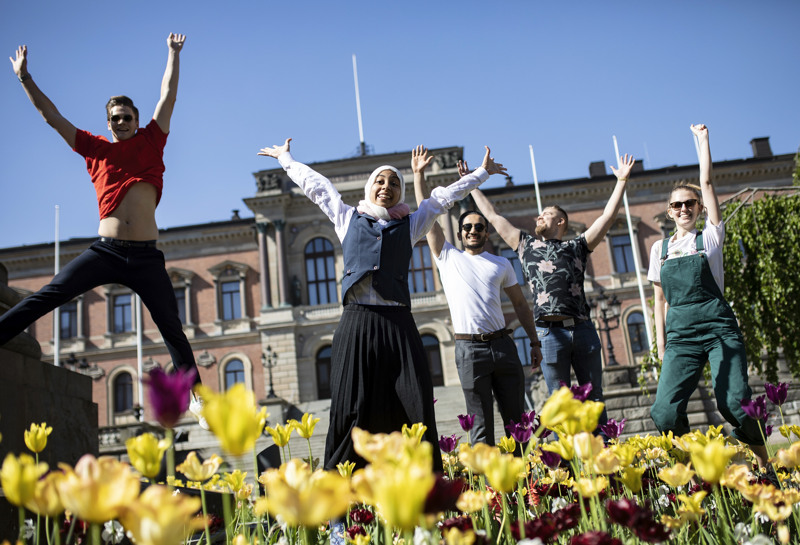Dear all,
Olle Sköld here, director of studies of the Master’s Programme in Digital Humanities. The deadline for international students to apply to the programme is drawing closer. If you want to start your studies in September 2024 you will have to submit an application complete with the requested documents at 15 January at the latest. Students applying in the Swedish admission round have a bit more leeway, and will have to submit their application on or before 15 April 2024.
The upcoming admissions round is the fifth one since the programme launched in 2019. I’m very happy to note that the number of international and national students applying to the programme has increased steadily from year to year. Many things have changed in the programme since it first started. Content-wise, the emphasis on computational methods have become even more pronounced, and in terms of faculty, the team of senior lecturers involved in the programme is presently larger than ever and represents a great variety of technical, pedagogical, and research expertise that benefit our students in many ways.
I have been heading the programme’s admissions committee for five years now and I am always exciting to see the variety of academic skills and competencies in the applicant group. For those of you that are interested in applying to the programme, here are my best tips of how to write a successful application:
(1) Read the instructions in the application guide and the application summary sheet thoroughly and make sure that you follow them when filling out your application.
(2) If you feel you want to know more about the programme, check out the programme page on Uppsala University’s website and the previous posts on this blog.
(3) Keep in mind what the role of the application summary sheet is when filling it in: it is your best way to show us that you fit the programme and that the programme fits you. Be explicit about what you can offer to the student group and what you think the programme can offer you in terms of the skills, knowledge, and insights you want to gain from your studies.
(4) Submit the application and all required documents on time. Late applications are processed separately from those that have been submitted before the application deadline.
I’m looking forward to seeing your applications!
All best,
Olle


